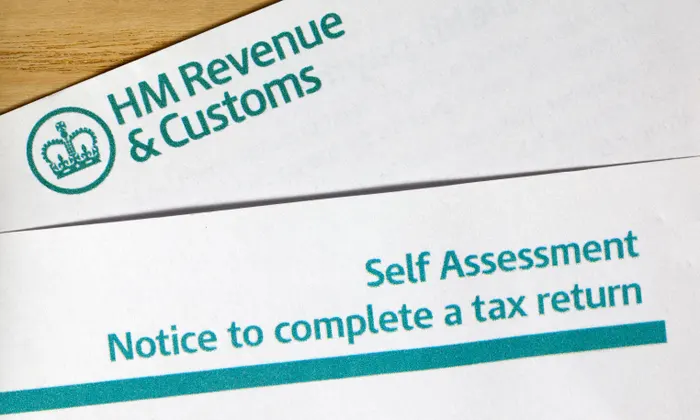What is a Limited Company?
A limited company is a type of business structure that has been incorporated at Companies House as a legal ‘person’. It is completely separate from its owners, it can enter into contracts in its own name, and it is responsible for its own actions, finances, and liabilities.
The owners of a company are protected by ‘limited liability’. This means that they’re only responsible for business debts up to the value of their investments (i.e. shares) or what they agree to contribute in their personal guarantees.
In the UK, limited companies are governed by the rules and regulations contained in the Companies Act 2006, and all company registration and records are managed by Companies House.
A limited company must be registered as ‘limited by shares’ or ‘limited by guarantee’.
Limited by Shares
Limited by shares companies are owned by one or more shareholders and managed by one or more directors. A limited by shares company is the most popular company structure. It is designed for people who want to run a profit-making business and keep surplus income for themselves, whilst also benefitting from personal financial protection in the form of limited liability.
Shares cannot be sold on public markets, and the cash value of shareholders’ stakes may rise and fall dependant on the success of the company.
The benefits of this type of business structure are enhanced professional status, a corporate image and the ability to effectively plan your company’s finances to take advantage of any favourable tax rules.
Limited by guarantee
Companies limited by guarantee do not have shares or shareholders. Instead, they have guarantors (also called members) who guarantee to pay a fixed amount towards the company’s debts. The guarantee must be settled if the company can’t pay its bills. In most companies limited by guarantee, the guarantee is a nominal sum of something like £1. Typically, that’s the limit of each member’s liability, meaning their personal assets are protected in a similar way to a company limited by shares.
Guarantors appoint directors to manage the day-to-day running of the company, although there’s nothing to stop someone acting as both a member and director.
Public Limited Company (PLC)
Like a private limited company, ownership of a public limited company is divided into a number of shares. The liability of shareholders is typically limited to the amount they have paid for their shares in the company.
Public limited companies can offer shares to the general public. Some also list their shares on a stock exchange (the most well known of which is the FTSE 100).
This structure is not generally used for new, start-up businesses. It’s more likely to be found in larger, more established businesses which reach a certain size and look to “go public”, thereby benefiting from a wider public market for their shares.




